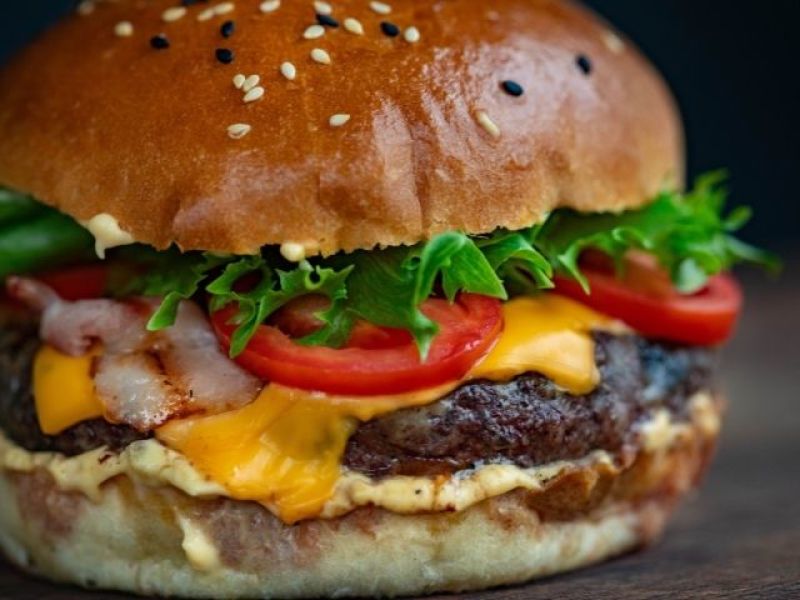
A religious customer was surprised to learn that he had eaten a cheeseburger made with real meat after ordering a vegan cheeseburger at Burger King.
Last Thursday, a religious man filed a class-action lawsuit against Burger King in the Tel Aviv District Court in Israel after eating a cheeseburger at a branch and afterward discovering that the cheese was made from cow's milk, The Jerusalem Post reported. The fastfood chain presented the said food item as kosher, misleading the man to order it.
Burger King has begun a kosher replacement campaign in recent months, including burgers with bacon prepared from turkey rather than swine, and a cheeseburger with vegan cheddar cheese. This means a religious person can eat a "cheeseburger" with turkey "bacon" and not break the Jewish religion's kosher requirements.
The plaintiff went to the chain's branch in the Azrieli Hod Hasharon mall at the beginning of the month, where there is a Burger King sign outside that said "kosher," and the plaintiff assumed the branch was kosher.
After biting into a hamburger with what he thought was vegan cheese, the plaintiff wondered about the quality of the imitation cheese and asked at the counter how to produce a taste so similar to regular cheese, according to the motion for approval of a class-action lawsuit filed by attorney Amit Ben Aroya. However, the employee at the desk confirmed that it was regular cheese.
The petitioner went on to say that the infringement of autonomy is not limited to the kosher community; that everyone has the right to know what they're eating, and that no one is entitled to deceive the general public about the components in their products.
The Burger King branch responded that the class application had not yet arrived at the company, but that if it did, they would analyze it and reply appropriately. Delek, the new majority owner of Burger King, follows all kosher branch standards and training methods.
Also Read: Pastor Warns Of Global Food Crisis From Russia-Ukraine Conflict
Religion-Based Approach to Food
Sarah Robinson-Bertoni, a religion and environment professor at Pacific Lutheran University, explained how critical food is for religious people. Their beliefs are rooted in not just land and water stewardship but the health of all living beings.
That's why religious food producers and consumers are increasingly on the lookout for food that complies with their faith's dietary rules-like kosher for Jews and halal for Muslims-but goes beyond bans on eating pork or meat slaughtered in a way that minimizes animal suffering. "Eco-kosher" and "eco-halal" are terms used to describe these foods.
As more religious communities regard food justice - the right to eat fresh, nutritious, cheap, culturally appropriate, and locally farmed food - as part of their faith's mission, these ideas are gaining traction. Instead of focusing on acceptable meals, Robinson-Bertoni said the focus should be on permissible foods that also benefit farmworkers, customers, and the land itself.
Related Article: Israeli Company Launches New Product Allowing People To Eat What John The Baptist Ate

















